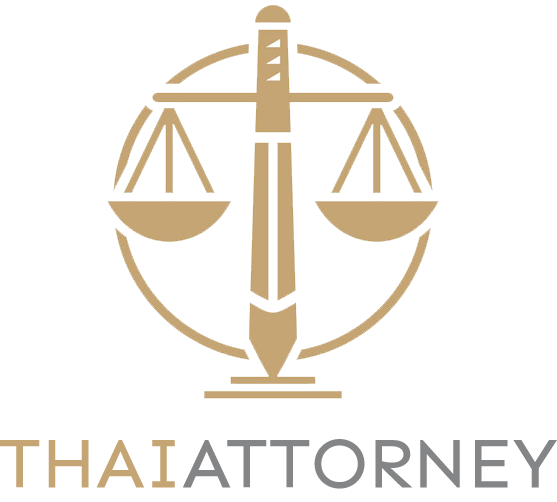In Thailand marriage is only legally binding once all documents have been formally registered at the local district office (known as an ‘amphur’ or ‘khet’ in Thai). This will normally take at least 4 days taking into consideration weekend and public holidays.
Most women who have taken this life-trajectory reported that their lives had improved significantly and that they now have access to tangible assets and enforceable legal rights.
Legality
Getting married in Thailand creates binding legal rights and obligations on both parties. These can be difficult to cancel or change once they are created and you should therefore consider a prenuptial agreement before marrying. De-facto informal and common law marriages are not recognised by Thai law, only officially registered marriages entered into the government marriage register will offer all the rights, benefits and protections of a married couple under Thai family laws.
Obtain an affidavit from your embassy or consulate (see below) that certifies you are free to marry under Thai law. This document must feature notarization. Then have it translated into Thai by a reputable translation office.
Present the affidavit, certified translation and copies of your passports to the District Office where you plan to marry. This office is referred to in Bangkok as a Khet or Ampur office and is located on a list provided by your embassy or consulate in Bangkok.
The Ceremony
In Thailand, marriage is a family affair and the approval of one’s parents and extended family is often required. Social status is also an important consideration, and family members may seek to marry their children into families of a higher social standing. This practice is reflected in the sinsod (a form of dowry) tradition where money or items are given to the bride’s family as a sign of respect and acknowledgement of her social standing.
On the wedding day, an early morning ceremony is held with monks who chant and offer blessings to the couple. This is a beautiful and spiritual part of the day and it is customary for all guests to bow or wai in respect as they listen to the monks.
The groom and his family then form a procession to take the khan maak (engagement trays) of gifts to the bride’s house. These trays contain the sinsod, engagement ring, betel nuts, incense sticks and candles, grains, rice, and other auspicious items to bring good luck and prosperity to the couple’s new life together.
The Groom
As in many cultures around the world, the family has a major say in Thai wedding ceremonies. It used to be common for parents to arrange marriages and still, today, some families do so. Social status is also an important factor and one reflected in the tradition of sinsod – what we might call a dowry.
The groom’s close friend is traditionally responsible for formally asking for the bride’s hand in marriage from her father and negotiating the amount of sin sod to be paid to the bride’s family as a form of respect and acknowledgement of their social standing. This is a very important part of the ceremony and a key step before the “door ceremony”.
Once the formal proceedings are over it’s time to party. There will be a lot of drinking and dancing. Friends will rise a toast to the couple and it is customary for the groom to reciprocate every offer of a drink.
The Bride
Although arranged marriages still occur in Thailand, they are not as common as in some other countries. However, love marriages do take place. A love match between a Thai woman and an overseas man may be approved by the bride’s parents or extended family, if it meets certain criteria, such as financial security and social status.
The groom’s closest friend typically formally asks for the bride’s hand in marriage, and will also help to negotiate the amount of Sin Sod that must be paid to her parents as compensation for their daughter. This is similar to an engagement gift in Western culture, and demonstrates that the groom can financially support his wife and be a good provider.
If you wish to make your wedding ceremony legally binding, a registration at the local district office (known as an amphur) is required. Ensure that you have a letter of affirmation to marry and a translated copy of your ID with you.

